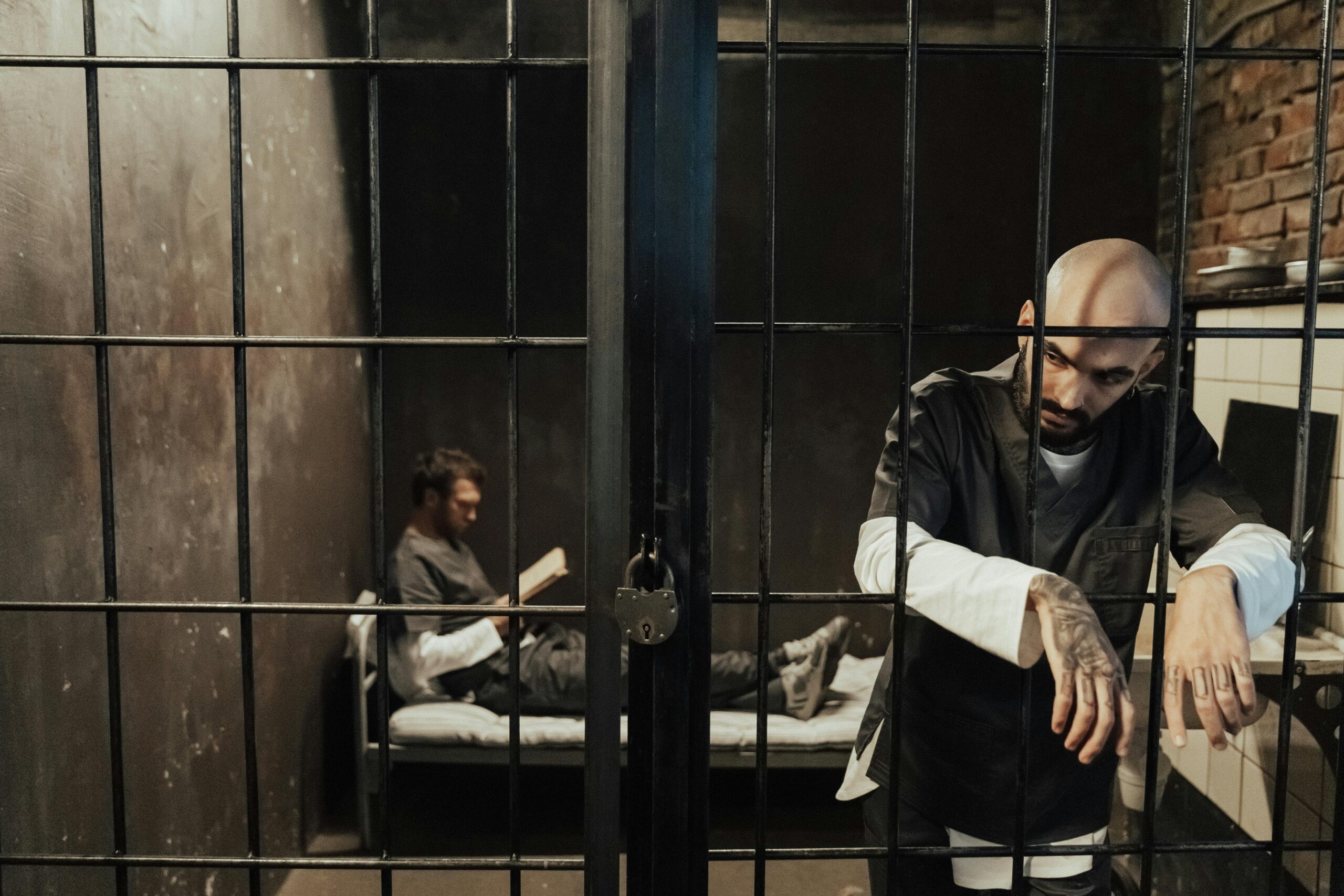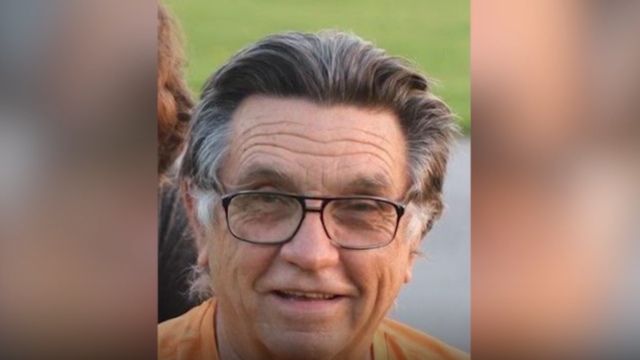Each year, we remember Dr. Martin Luther King Jr. as one of history’s most powerful speakers. His words about justice, equality, and peace still inspire people today. But there’s another part of Dr. King’s life that often gets overlooked — his love for reading and the role libraries played in shaping his ideas.
Dr. King grew up in Atlanta, where he was fortunate to have access to libraries that helped shape his thinking. At just nine years old, he borrowed books about Gandhi, thanks to Annie L. McPheeters, Atlanta’s first Black librarian. This early experience with books helped build Dr. King’s powerful understanding of justice and peace.
For Black librarians, libraries are more than just places to borrow books. They are spaces where unheard stories are shared, where the voices of the marginalized can be heard. Sadly, many of these voices have been ignored or erased over the years. Black librarians like McPheeters, Dorothy Porter, and Allegra Westbrooks have worked tirelessly to preserve and celebrate Black history.
In Charlotte, North Carolina, Allegra Westbrooks’s work remains a key example of how libraries can support marginalized communities. She helped ensure that libraries were accessible to everyone, reflecting Dr. King’s beliefs in equality and fairness. Today, as a librarian at the University of North Carolina at Charlotte, I continue her work by ensuring that diverse voices and perspectives are heard and valued.
Libraries as Battlegrounds for Justice in North Carolina
Libraries have always been centers of change, especially in the South. During the Civil Rights Movement, they were important battlegrounds for desegregation. In my work, I have met librarians who lived through the days when libraries in North Carolina were segregated. Dr. King was deeply connected to the civil rights leaders in North Carolina, like Reginald Hawkins, who fought for justice in their communities. It is even said that Dr. King planned to visit Hawkins in North Carolina on the very day he was tragically killed in Memphis.
The struggle for equal access to libraries and information continued long after Dr. King’s death. Today, however, there is a new challenge: book bans. More and more, books are being banned in schools and libraries, especially those written by Black authors or those that include LGBTQ+ topics. These bans are a direct attack on the stories of marginalized communities and the right to tell their own history.
Fighting Book Bans and Preserving Justice
These book bans go against everything Dr. King stood for. His fight for justice was rooted in ensuring everyone had access to knowledge and could share their stories. Libraries are a sanctuary where all people, regardless of their background, can find information, share ideas, and learn from each other. Denying access to books or silencing certain stories is a threat to the freedom of expression.
As a librarian, my job is to preserve these important stories. I work hard to collect materials that reflect the diversity of our world, whether that’s through books on Black history or exhibitions that showcase different perspectives. I want to ensure that the voices of all people are heard and that their stories are told in their own words.
Dr. King once said, “We are not makers of history. We are made by history.” Libraries are not just places to borrow books. They are living spaces where history is created every day. When we allow some stories to be erased or banned, we are letting go of the right to make history and learn from it.
Libraries Are Essential in Defending Freedom of Speech
As we remember Dr. King’s legacy, we must continue his fight for justice. Libraries must stand strong as places that protect free speech, promote equality, and defend the right for everyone to tell their own story. In this fight, libraries are not just supporting freedom — they are shaping the future, one story at a time.
Conclusion
Libraries are more than buildings full of books. They are spaces of empowerment, education, and justice. Dr. King’s vision for equality and freedom lives on in the work of librarians who are dedicated to preserving the stories of marginalized communities. As we honor his legacy, we must protect these vital spaces and ensure that every voice, no matter how small or different, has the chance to be heard.
(Source : newsbreak.com)




